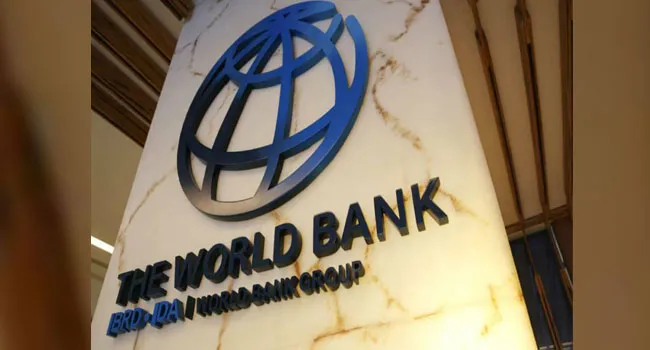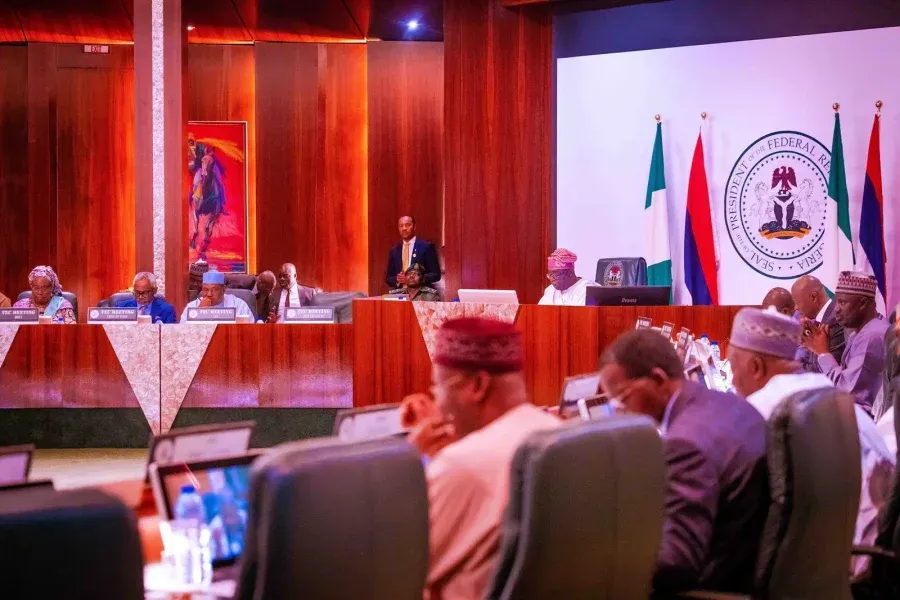Oxfam in Nigeria has sounded the alarm over rampant tax evasion among the country’s wealthiest, with more than 99% of affluent individuals avoiding taxes while millions struggle with poverty. The warning came during the presentation of two Report Income Income and Wealth Inequality in Nigeria: Trends and Drivers Taxing the Rich: Fair Tax Monitor in Abuja, highlighting a growing inequality crisis.
Despite Nigeria’s status as Africa’s fourth-largest economy, economic growth benefits are largely concentrated among a privileged few, leaving a significant portion of the population in poverty. The studies, conducted in partnership with the Tax Justice Network Africa and the Civil Society Legislative Advocacy Centre (CISLAC), identified structural factors driving inequality, including income and wealth disparities, gender inequality, and regional divides.
Oxfam’s findings reveal that only 40 of the country’s wealthiest individuals are compliant taxpayers, according to data from the Federal Inland Revenue Service (FIRS) and John Bean Technologies Corporation (JBT). This equates to a mere 0.035% tax compliance rate, with the majority of Nigeria’s elite evading or avoiding tax obligations.
To address this stark inequality, Oxfam is calling for progressive wealth taxation and increased social spending. Recommendations include:
– Boosting Social Investment: The government is urged to raise health, education, and agriculture spending to at least 10% of the budget, from the current 2-3.5% for education and 4-7% for healthcare.
– Implementing Progressive Taxation: Introducing a wealth tax of 1% on assets above $1 million could generate around $7.5 billion annually, funding critical social programs.
– Human Capital Development: Investing in education, healthcare, and job creation, especially in rural areas, could improve the Human Development Index by 2030.
– Supporting Smallholder Farmers: Enhancing access to credit and land, while prioritizing women’s land rights, could help bridge the rural-urban economic gap.
– Reforming Land Policies: Establishing a National Land Commission and ensuring fair land redistribution can address gender disparities.
– Strengthening Tax Enforcement: Developing a comprehensive wealth registry could ensure high-net-worth individuals pay their fair share.
CISLAC Executive Director Anwual Rafsanjani also suggested measures such as a Net Wealth Tax, raising the top tax rate to 40% for the wealthiest, exempting those earning below the minimum wage from Personal Income Tax, and introducing luxury taxes on high-end items. He further recommended renegotiating Double Taxation Agreements to protect Nigeria’s tax interests.





